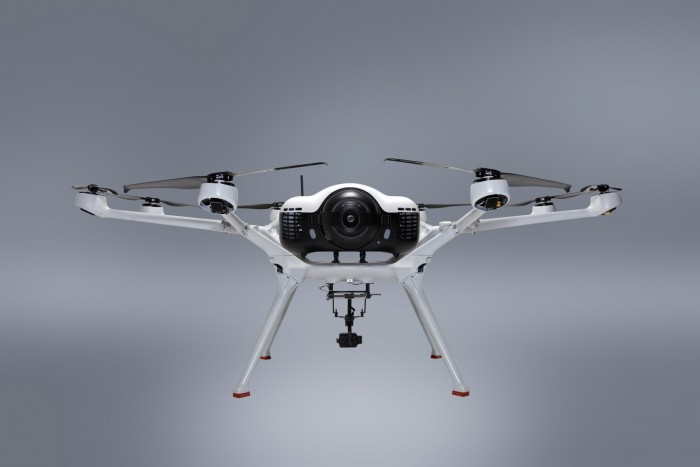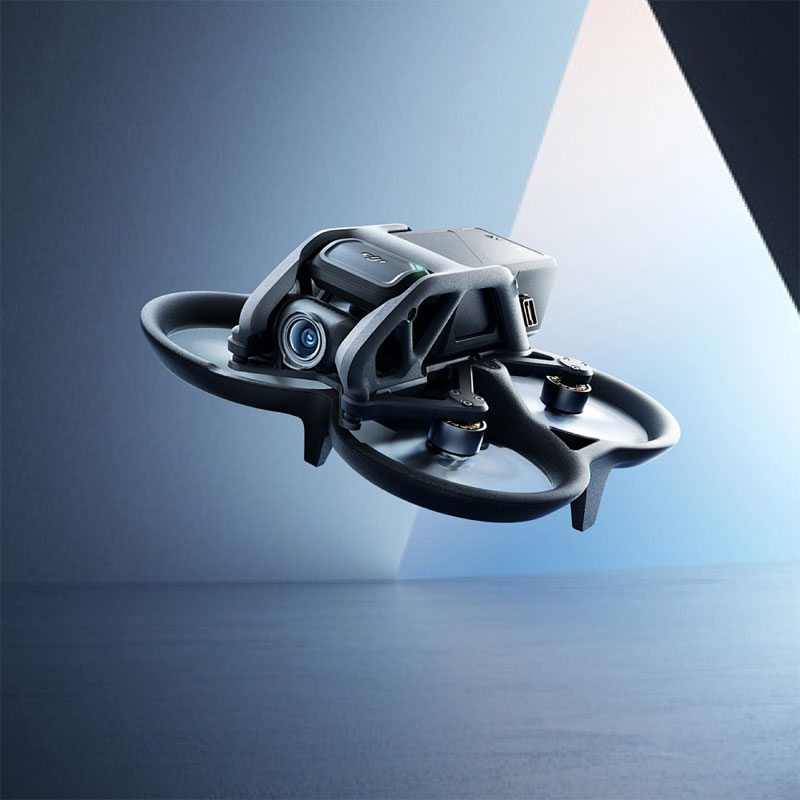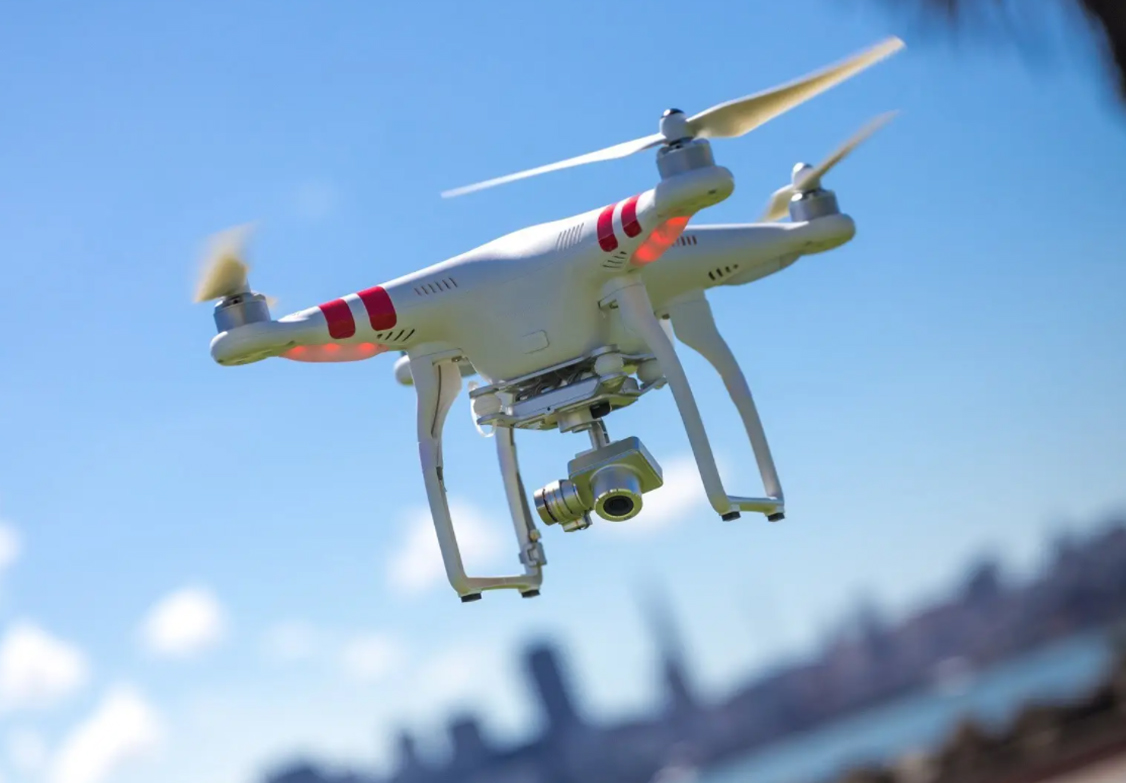The journey to becoming a certified drone pilot is an exciting and evolving path. With the rapid advancements in technology, the drone pilot career has become a viable and lucrative option for many. As drones become more prevalent in various industries, from film production to agriculture, the demand for skilled pilots has surged.
Understanding the Role of a Drone Pilot
The role of a drone pilot is diverse and can vary depending on the industry. In film and photography, pilots capture breathtaking aerial footage, while in agriculture, they monitor crop health and yield. In construction, drones are used for site surveys and in logistics for the delivery of goods. This diversity requires pilots to be adaptable and continuously update their skills to match industry needs.
Steps to Becoming a Professional Drone Pilot
To embark on a drone pilot career, one must first obtain the necessary certifications. In the US, for instance, aspiring pilots must pass the FAA’s Part 107 test, which assesses knowledge of airspace regulations, operating requirements, and safety procedures. Similar certifications exist in other countries, ensuring that pilots understand the legal and safety standards required for operation.
- Enroll in a drone training program: Many schools and organizations offer comprehensive courses that teach basic piloting skills, safety protocols, and advanced maneuvers.
- Gain practical experience: Hands-on practice is crucial for honing piloting skills. It’s beneficial to join local drone clubs or participate in pilot meetups to gain insights and practice time.
- Specialize in a niche: With various applications for drones, specializing in a particular industry can set you apart. Whether it’s wildlife conservation, real estate, or sports, having a niche can enhance your career prospects.
Opportunities and Challenges in the Drone Industry

The drone pilot career offers numerous opportunities, from freelance work to full-time positions with companies. However, the field is competitive, and continuous learning is essential. Technology is constantly evolving, bringing new challenges and opportunities. Pilots who stay ahead of trends, such as the integration of AI in drones, will likely find more opportunities.
Networking is invaluable: Building a strong professional network can lead to job offers, partnerships, and collaborations. Engage with industry associations and online forums to stay connected.

Why Choose a Drone Pilot Career?
Many are drawn to a drone pilot career due to the blend of technology and creativity it offers. It’s a rare field where pilots can witness advancements in robotics, aviation, and data analysis. For tech enthusiasts and creative minds alike, piloting drones combines passion with a career.
FAQs About Drone Piloting
Q: How long does it take to become a certified drone pilot?
A: The time frame varies. Some complete certification in weeks, while others, depending on course complexity and personal schedules, may take months.

Q: What is the average income for a drone pilot?
A: Income levels can vary widely. Freelancers might earn around $20 to $150 per hour depending on expertise and industry, while experienced pilots can command higher salaries.
Q: Are drone pilots in demand?
A: Yes, as industries discover new applications for drones, the demand for skilled pilots continues to grow.
